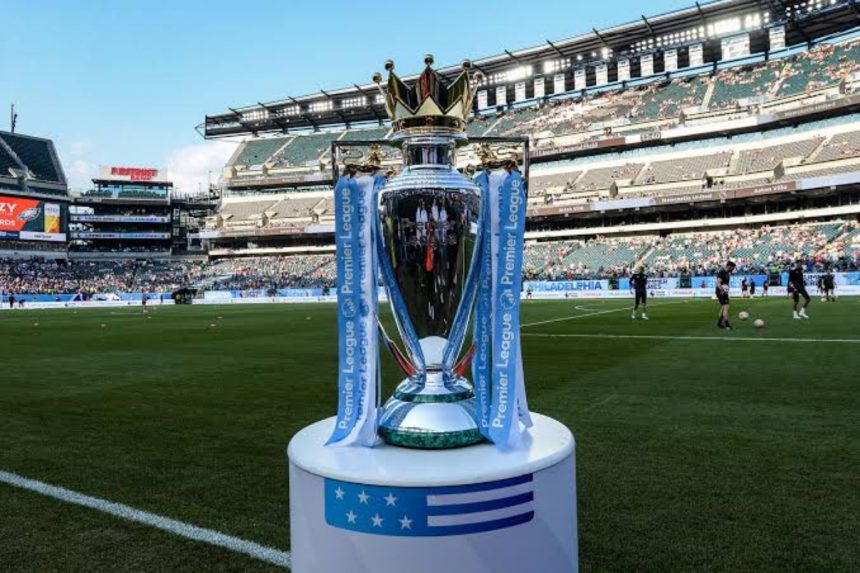In a landmark decision, Premier League clubs have reached a consensus to implement a spending cap aimed at narrowing the economic disparity across the league.
The cap will restrict clubs to a spending limit that is a multiple of the television rights revenue of the league’s lowest earner.
According to The Athletic, this “anchoring” strategy will set the cap at five times the amount received by the lowest earner from the league’s broadcasting agreements.
Last season’s figures indicate that Southampton, the lowest earner, received £104 million ($130 million) in television rights.
The Times reports that assurances have been given to clubs that the cap will not necessitate any reduction in their current spending levels.
The proposal has garnered the minimum 14 out of 20 club votes required for passage.
However, reigning champions Manchester City, along with Manchester United, Aston Villa, and an abstaining Chelsea, have reportedly opposed the measure.
Should the proposal receive approval at the June annual general meeting, it will supplant the existing Profit and Sustainability Regulations (PSR) starting from the 2025-26 season.
This season witnessed point deductions for Everton and Nottingham Forest due to PSR violations, which limit permissible losses to £105 million across three years.
The impending cap has sparked concern among critics who fear it may compromise the Premier League’s status as the world’s wealthiest and most-watched football league.
The Professional Footballers’ Association has also expressed opposition to any rigid cap on player salaries.
Proponents of the cap argue that it is necessary to maintain competitive balance, citing the growing Champions League revenues and the financial clout of state-backed clubs like Manchester City and Newcastle United.
In alignment with UEFA’s new financial fair play rules, Premier League clubs have agreed to cap their spending on wages, transfer fees, and agent commissions to 85% of their total revenue starting from the 2025/26 season.





